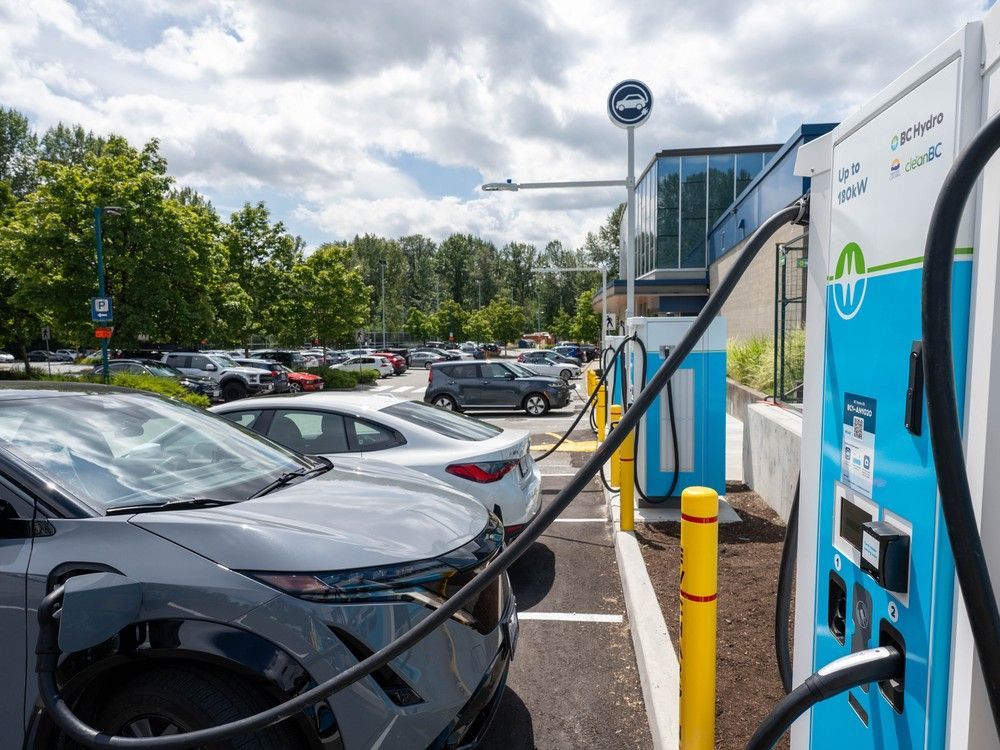In an era marked by escalating climate disasters, the quest for sustainable living solutions has never been more urgent. The intersection of personal eco-anxiety and community resilience presents a compelling case for cohousing as a viable strategy to navigate environmental crises. As extreme weather events like wildfires and ice storms become increasingly common, the need for a supportive, resource-sharing community becomes paramount. Cohousing not only addresses individual fears but also fosters a collective response to climate challenges, transforming anxiety into proactive engagement. This model encourages collaboration, resource sharing, and mutual support, which are essential in times of crisis.
The implications of adopting a cohousing framework extend beyond mere survival; they offer a blueprint for thriving in the face of adversity. By prioritizing community-oriented living, individuals can mitigate the impacts of climate change while enhancing their quality of life. Cohousing facilitates the pooling of resources, knowledge, and skills, creating a robust network capable of responding effectively to emergencies. This approach not only alleviates personal eco-anxiety but also cultivates a sense of belonging and purpose, ultimately redefining how we confront the challenges posed by a changing climate.








